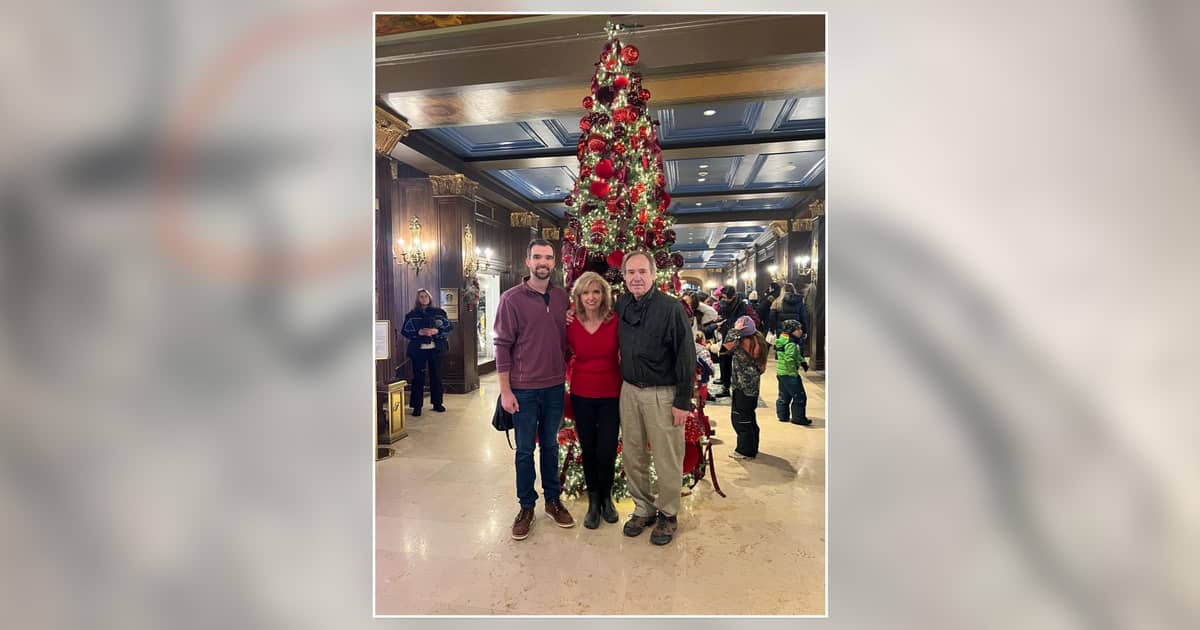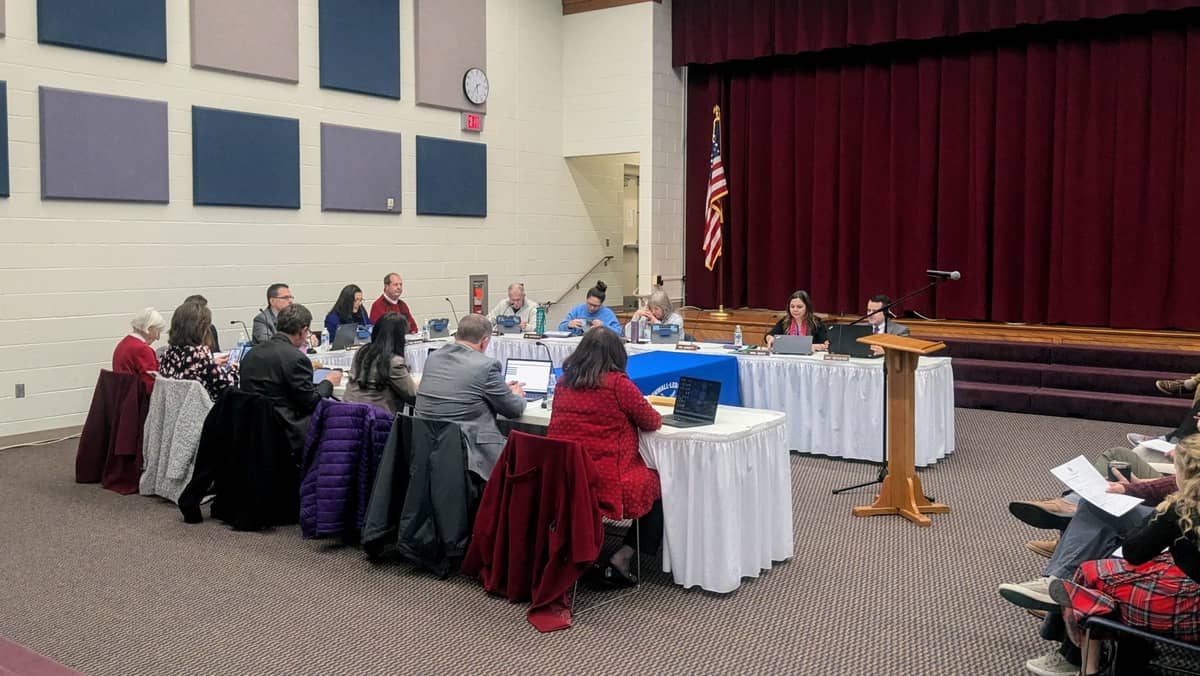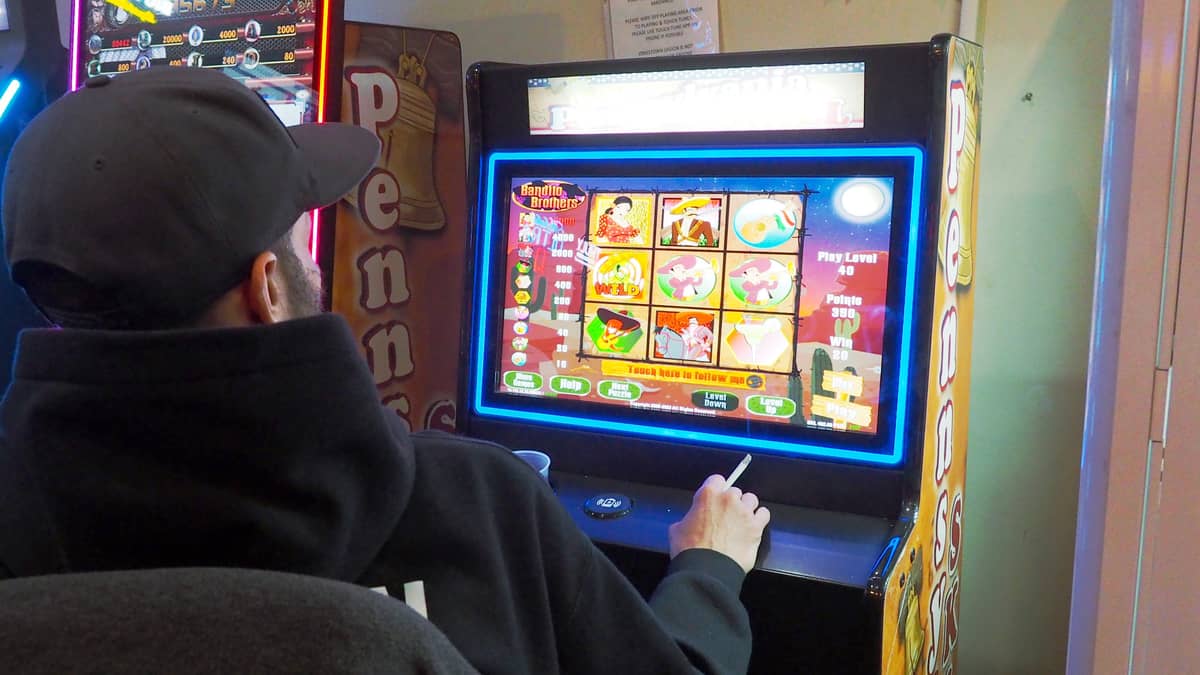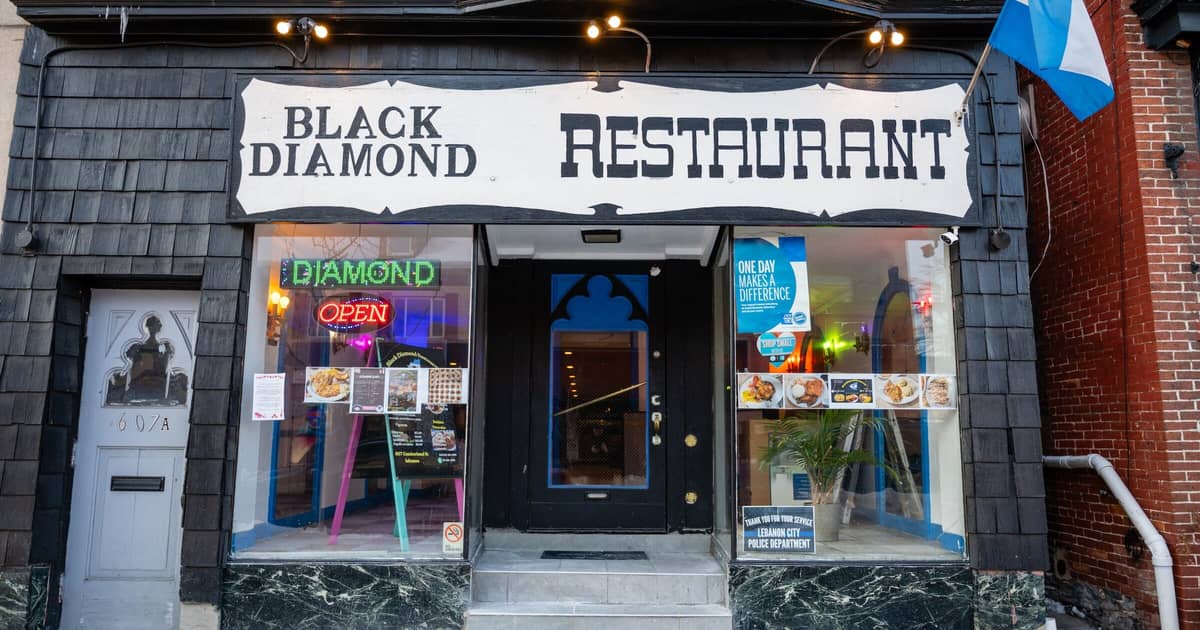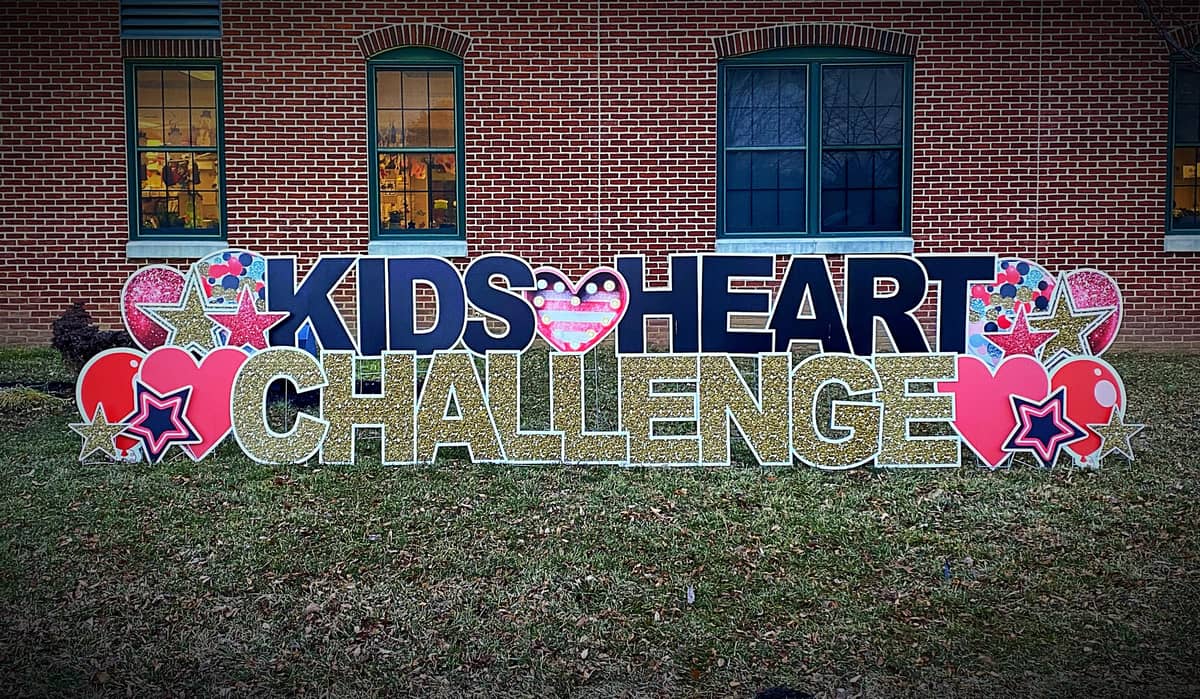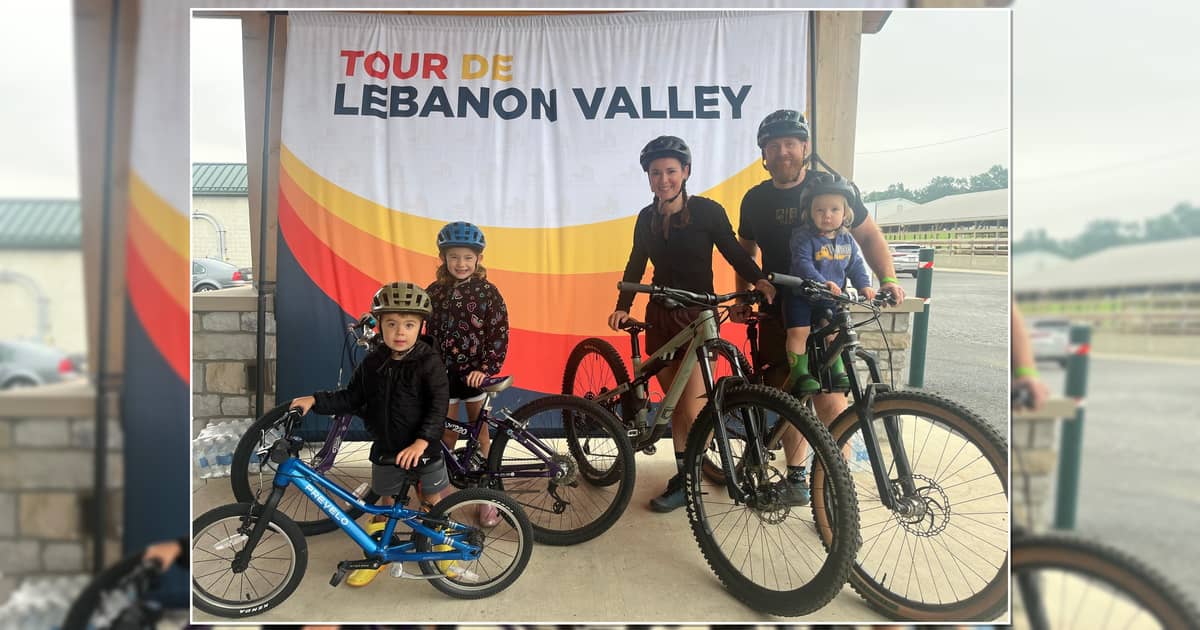Alex Koltun was scared.
You’re damn right he was. You would have been, too, if you had heard the things coming out of his doctor’s mouth.
It was March of last year, and Koltun had just turned 31. Not exactly an age when one figures to come face-to-face with their own mortality.

Especially someone like Koltun, a former tennis player at Cedar Crest and Penn State Harrisburg who appeared as healthy as could be, checking at 6’3″ and 210 pounds. He wasn’t super active but continued to play tennis recreationally as he built a life and career for himself as a sales rep for sports nutrition company Nutrabolt while living in Boston.
Heck, he wasn’t even a victim of unhealthy vices like drinking alcohol or smoking, although heart disease is prevalent on his mother Debra’s side of the family and she underwent successful triple bypass surgery five years ago.
Though mindful of the family history, Koltun wasn’t necessarily worried in that moment. But he knew something wasn’t right and he was about to find out just how wrong it was.
He had an inkling of the trouble to come a few days earlier when, while walking his dog during a visit home to Mount Gretna, he developed a shortness of breath and pain on the left side of his chest.
“I was just walking my dog around the block,” he recalled in a phone interview with LebTown. “And I was walking up this steep hill in Mount Gretna and I got this terrible chest pain.”
His father, Walter, the chief of colon and rectal surgery at Penn State Cancer Institute, was concerned enough by Alex’s symptoms that he urged him to go get some tests done as a precaution.
Still no one, including the doctors who ran the initial tests on him, was overly concerned that anything was seriously amiss. “You’re too young,” was the gist of what he was told at first.
If only.
After nothing was found, Koltun continued to experience symptoms and went to his primary care physician to undergo additional testing in hopes of getting answers about the source of his pain. Shockingly to Koltun, a chest CT scan revealed a 95 percent blockage in the left anterior descending (LAD) artery to his heart.
“Just unbelievable,” he said, remembering the scariest moment of his life.
The LAD artery is often referred to as the “widowmaker” for its tendency to trigger fatal heart attacks when blocked .
Gulp.
“They rushed me (into the hospital) and said, ‘You’re days away,”‘ said Kolton of how close he came to having a heart attack he likely would not have survived. “The first thing that goes through your mind is you’re on that cliff of death. It’s life-changing. Overnight your life changes.
“I had a stent placed and was good to go. But it’s been a long road to recovery.”


Indeed, due to referred pain he still experiences after exercise, the recovery he didn’t have a chance to plan for has not gone as well as he would have liked thus far.
The good news is he’s walking up to four miles a day and getting stronger every day.
“Baby steps,” he says, “but I’ll get there.”
Both fortunately and unfortunately, Koltun needs to look no further than his own family for help.
“There’s eight brothers and sisters from Boston,” he said of his mom’s side of the family. “And pretty much every single one of them has had a heart attack or bypass surgery.
“And her dad, in a pretty weird coincidence, had a heart attack at 31 years old. It gets pretty scary when you hear stuff like that.”
It’s enough to make even the strongest and most resilient among us play the ‘Why me?’ game. And Koltun admits he took part in that for awhile before realizing he was also quite fortunate to have things turn out the way they did.
“At first, I would definitely say I was a little angry,” he said. “Like, why do I get this when no one else is dealing with this. But then I kinda put things in perspective.
“I caught it right before the heart attack, so there’s no damage to the heart,” he said. “Now I can have doctor’s actively looking at me on a quarterly basis. It’s going in the right direction. It’s kind of two-fold, where you’re scared but also happy and grateful that you have life.”

Questions about this story? Suggestions for a future LebTown article? Reach our newsroom using this contact form and we’ll do our best to get back to you.

Be part of Lebanon County’s story.
Cancel anytime.
Monthly Subscription
🌟 Annual Subscription
- Still no paywall!
- Fewer ads
- Exclusive events and emails
- All monthly benefits
- Most popular option
- Make a bigger impact
Already a member? Log in here to hide these messages
Strong communities need someone keeping an eye on local institutions. LebTown holds leaders accountable, reports on decisions affecting your taxes and schools, and ensures transparency at every level. Support this work with a monthly or annual membership, or make a one-time contribution. Cancel anytime.

